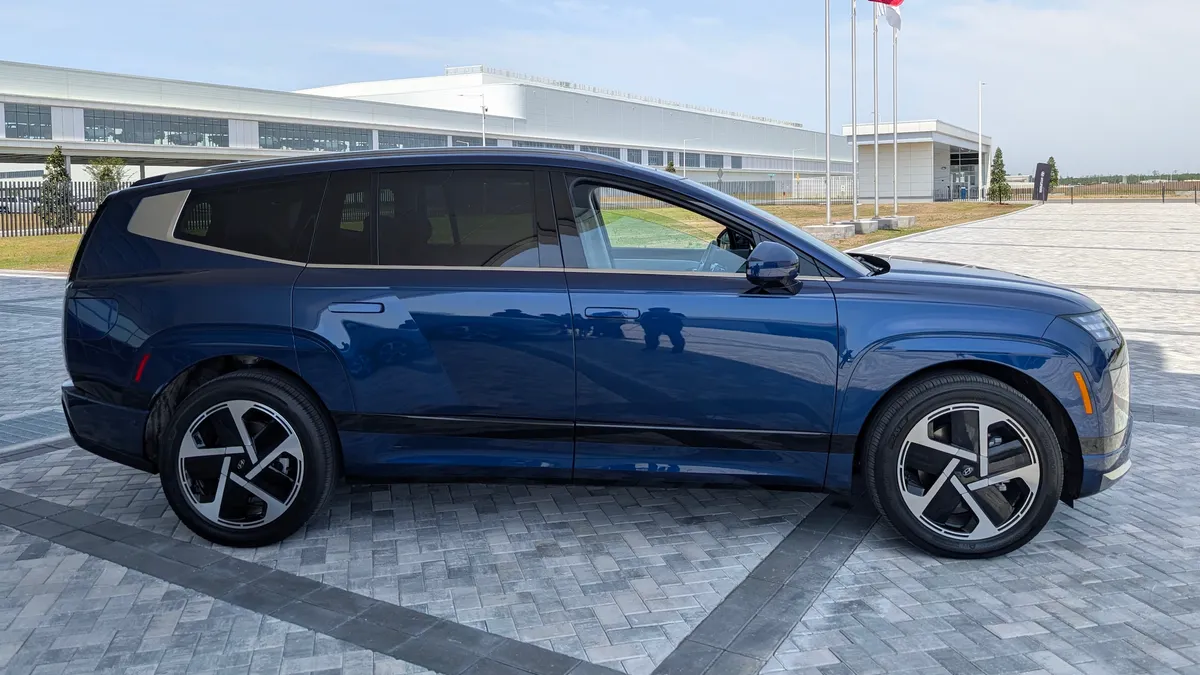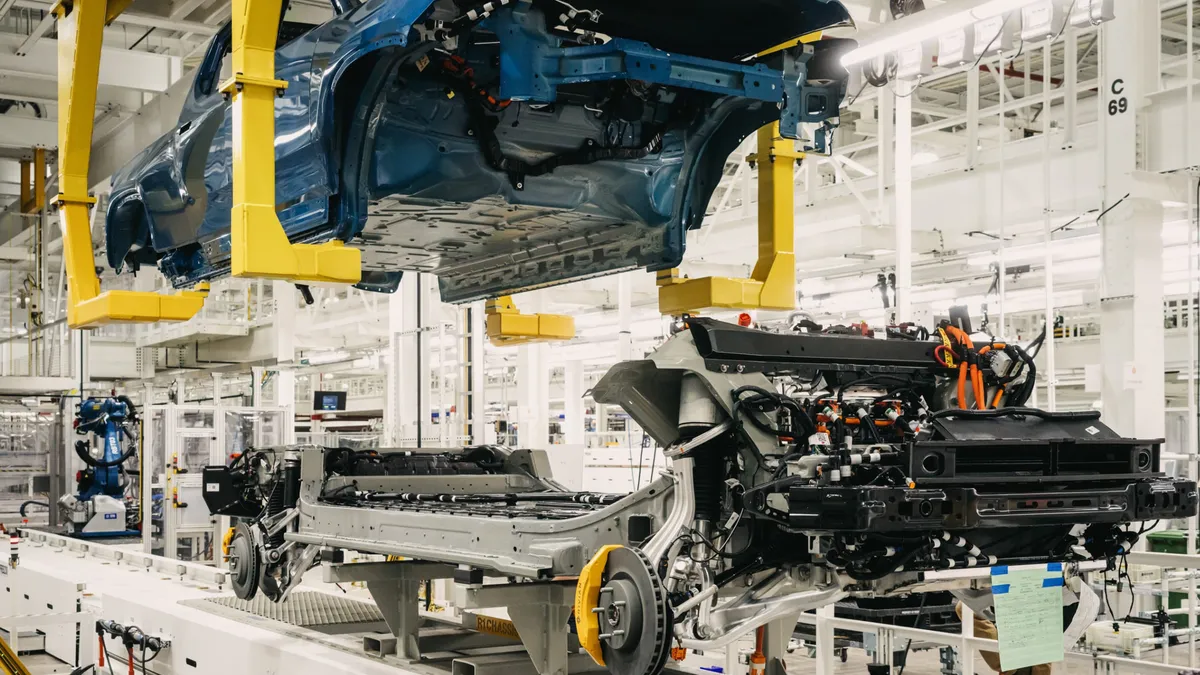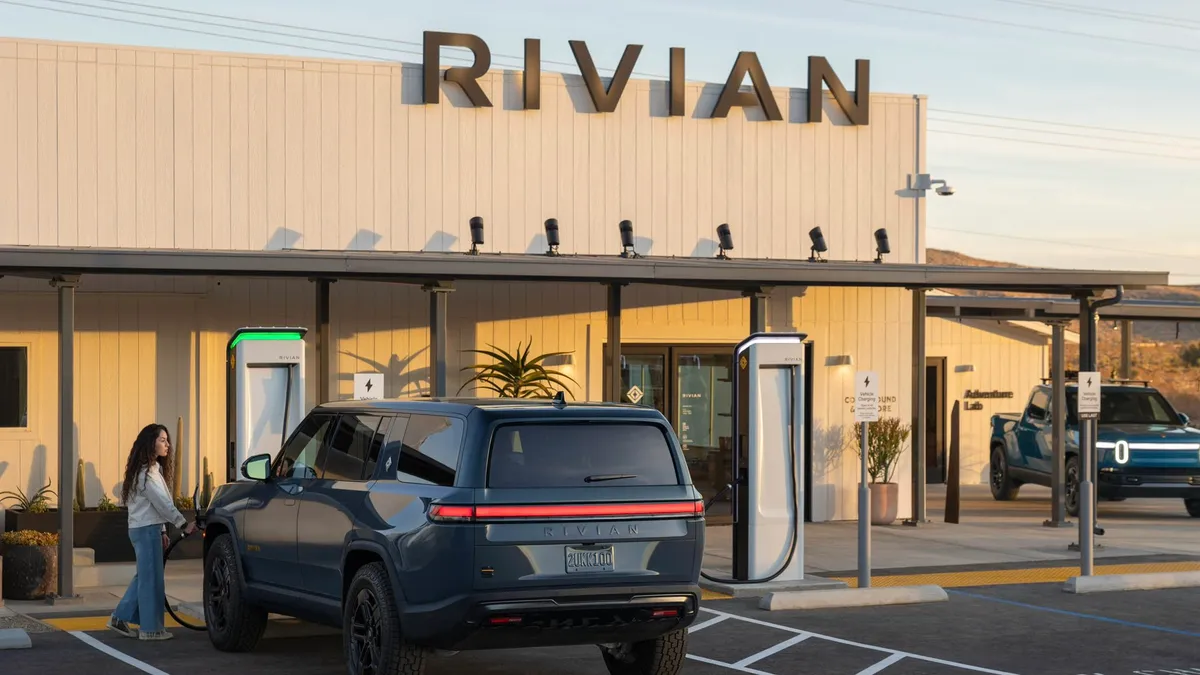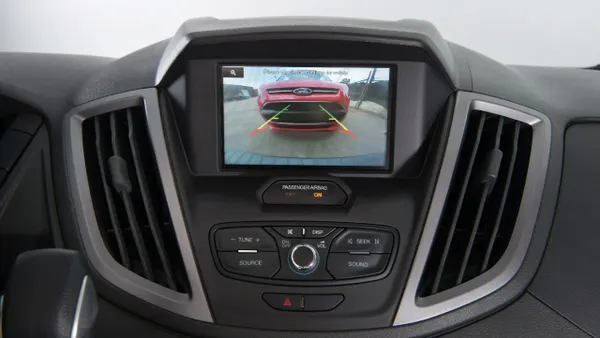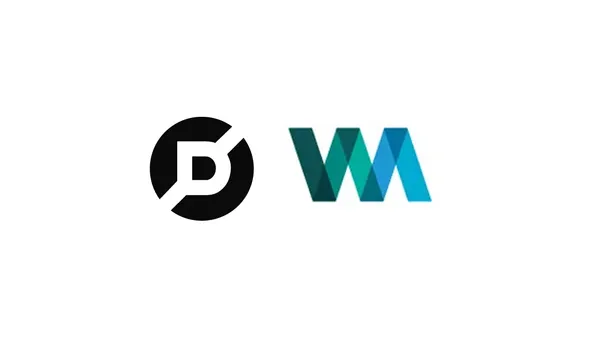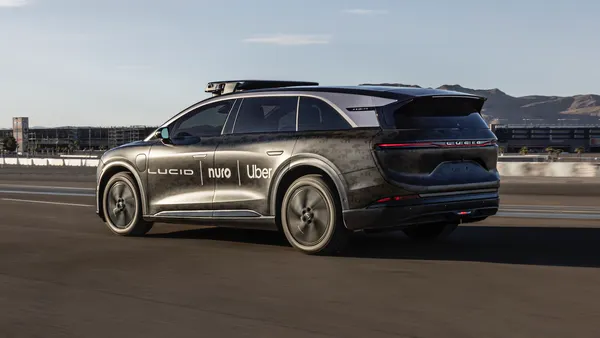Hyundai Motor Group reported Q2 revenue of $35.2 billion, its highest-ever quarterly revenue in company history and a year-over-year increase of 7.3%, the automaker announced in its earnings release on Thursday. Hyundai's strong quarterly performance follows revenue of $32.3 billion in Q1, its previous record-high.
Despite posting record-high revenue in Q2, the automaker reported a YoY quarterly net profit decline of 22.1%. Its profits fell to $2.36 billion versus $3 billion in the same period a year ago, a YoY decline of $640 million.
The automaker’s Q2 operating profit also fell from 8.2% in Q1 to 7.5%. The company cited the costs of offering higher incentives amid growing industry competition, as well as the impact of tariffs and the current global trade climate for the decline in profit.
Hyundai reported global retail sales of 1,043,000 vehicles in Q2, representing a modest 0.9% increase compared with the same period last year. The company’s core automotive revenue increased 5.1% YoY to $26.9 billion, also the highest-ever for a single quarter.
Hyundai attributed some of the sales gains on strong demand in North America, with quarterly retail vehicle sales in the U.S. up 10.3% YoY to 256,000 units. SUV and crossover models accounted for 75% of the automaker’s wholesale sales in the U.S. in Q2.
Hyundai also reported brisk sales of electrified models in Q2, with a 36.4% YoY increase to 262,126 vehicles. The automaker cited strong hybrid vehicle demand in global markets, as well as an increase of EV sales in Europe for the sales gains in the segment.
Sales of electrified models were boosted by the sales momentum of the Santa Fe HEV and Tucson and Santa Fe plug-in hybrid models. But Hyundai aims to further increase its electrified vehicle sales with the recently launched three-row IONIQ 9 electric SUV.
But with a slowdown in EV adoption in North America, including the loss of federal EV tax credit on Sept. 30, Hyundai aims to grow its hybrid vehicle sales in the interim, an initiative it announced last year.
In April, the automaker unveiled its next-generation hybrid system that it claims offers 19% more power and a 45% improvement in fuel efficiency compared to internal combustion engines of the same class.
Looking ahead, the impacts of tariffs on imported steel and battery raw materials have led some automakers to reevaluate their supply chains in order to lessen the impacts that tariffs may have on their bottom line, including Hyundai.
In May, Hyundai signed a memorandum of understanding with Posco Group to shore up the domestic sources for steel and raw materials for batteries to help mitigate tariffs, which includes the construction of a steel mill in Louisiana. The plant is expected to produce 2.7 million metric tons of steel annually for Hyundai’s U.S. vehicle assembly plants when it begins operations in 2029.



